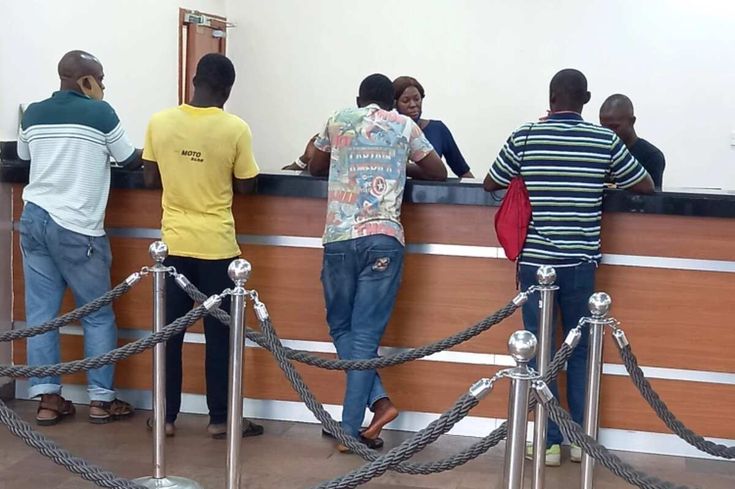In Nigeria, family members of deceased bank customers find it difficult to access the funds of their loved ones, as it is a process involving a series of legal, administrative, and banking procedures with high bureaucracies.
The current policy on accessing the funds of deceased bank customers requires the next of kin or legal representative of the deceased to notify the bank of the account holder’s death. This comes with the submission of documents like death certificate, identification of the next of kin, bank account details of the deceased, and a letter of administration (if the deceased died without leaving a will) or probate from the probate court (if there is a will), importantly if they (the deceased) have a significant amount in the account.
However, the process involved can take as long as months or years, hindering the family from accessing the funds in a timely manner. Different banks may also have varying policies on releasing deceased customers’ funds.
It is a different ballgame for a customer whose bank account is not known to his family. The account will have to go into dormancy before the banks reach out to the account holder, then the next of kin if the account holder is not reachable. The CBN mandates banks and other financial institutions to “continue to monitor accounts that show tendencies of inactivity and initiate actions for their reactivation or protection from wrong usage. Such actions shall include though not limited to any of the following: SMS, email, visitation and or phone calls. In all cases, the cost of monitoring the accounts and contacting the customers shall be borne by the bank.”
According to the apex bank, a bank account becomes inactive if there is no customer initiated transaction for a period of six to twelve months, after which it will enter dormancy within a year of no transaction.
The 2024 CBN policy on the management of dormant account, unclaimed balances and other financial assets now requires banks to transfer funds from all accounts that have been dormant for up to 10 years and above into Unclaimed Balances Trust Fund (UBTF) Pool Account of the apex bank which will be invested in Nigeria Treasury Bills (NTBs) and other government securities. This is a clear case of the CBN profiting from unclaimed funds of Nigerians.
Nigerians are clamouring for an easier and less time-consuming process of accessing the funds of their deceased family. The Payable on Death (POD) policy comes in handy as it is proven to be an easier alternative to probate. POD is an arrangement between a customer and the bank, allocating beneficiaries to his assets with the bank in the event of his death. However, this is not legally recognised in Nigeria, unlike other countries like Canada and the United States.
The National Assembly, in collaboration with the CBN, should adopt a standard legislation that will cater for this, as it is obtainable in other countries. India has a standard legislation on accessing the funds of deceased bank customers. One of the provisions of the Policy on Operational Procedure for Settlement of Claims in Deceased/Missing Depositors Account by the Bank of India is nomination facility. This is a policy where a bank customer gets to nominate those (nominees) who his bank assets will be transferred to in the event of his death. According to the Bank, “nomination facility simplifies the procedure for settlement of claims of deceased depositor(s) as banks get valid discharge by making payment of the balances in a depositor(s) account at the time of depositor’s death.” This ensures that in the event of the death of a bank customer, “the balance amount will be paid to the nominee on verification of nominee’s identity and proof of death of depositor.”
Nigeria can also adopt this framework on claiming the assets of deceased account holders. In the case of accounts whose families of the deceased are not aware of its existence, the nominees/beneficiaries should be contacted by the bank immediately the account goes into dormancy and the holder is not reachable. This will reduce the large paperwork and litigation processes involved in the current policy in use in Nigeria.

Bashir Turawa
Bashir Turawa is writer, policy researcher and social commentator with interest in government policies across Africa and how they affect the citizens.

